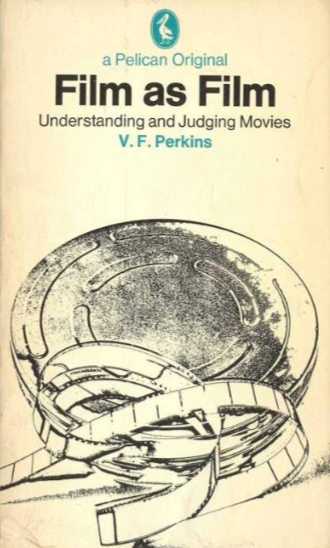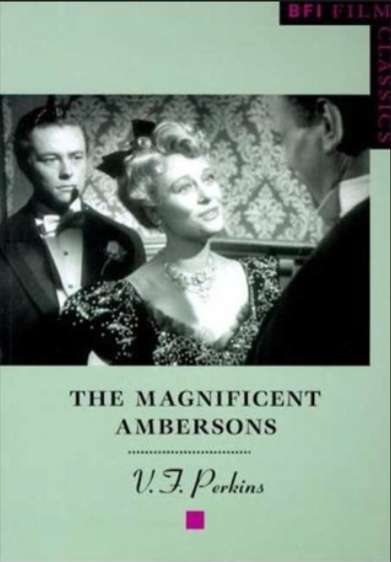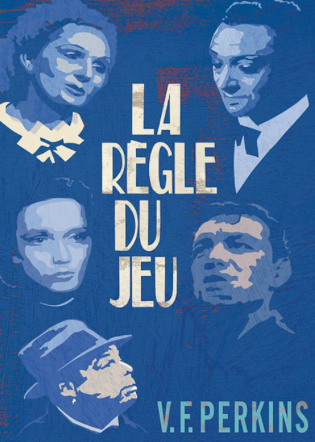Richard Dyer
This is the text of a tribute delivered at Victor’s funeral on the 2nd of August, 2016.
I first met Victor in 1977 at Warwick University, though neither of us worked there yet. It was at a conference. He came up to me and asked me if I would be interested in applying for a job at Bulmershe College, which is where he worked at the time. It rather surprised me, and it set the tone for what he was like as a colleague.
Of course, I knew who he was – indeed, I was already a great admirer. I was very flattered that someone like Victor would ask me, but at the same time I also surprised as I felt we had such different approaches. I also thought it was wonderful that he didn’t just want more people like himself to be in the department he was developing. And in fact, that was very much a keynote of how he ran Film Studies at Warwick, which is where I eventually worked with him for twenty-seven years. One of the things about him was that, whenever we made a new appointment, he would always say that above all we want the best person; but secondly, we want someone who brings something different, who doesn’t just do what we do. Victor was someone who was intellectually very fastidious, but he was also nonetheless very aware of other approaches, and very democratic in his desire to incorporate other approaches than his own. That openness and generosity was one of the things that was great about working with him. He was always very supportive of anything one wanted to do, and helped make it possible for one to do it.
There are two other things I want to mention about working with him. One is perhaps quite hard to convey to anyone who isn’t in Film Studies. He was very good at thinking about material infrastructure: what kind of rooms do you need? What equipment do you need? He was quite gadget-minded, so if there was a new thing that would help us study, a new machinery of some kind, he was very keen to get it. He also thought, for instance, about us having access to the department’s offices, which meant that we had this elaborate system of keys to all the rooms, so that we could come and go as we pleased. These things are very nuts-and-bolts, but that sense of attention to detail – of considering the material basis of doing teaching and being colleagues – was striking.
The other thing he provided as a colleague was the tone that he set. I should say that in some ways I found him quite scary: he really was very clever. You didn’t really want to look at Victor when you were listening to a guest speaker: if you did his face would often say say ‘I can’t believe this: why did they ask this person?’ And afterwards, one might rather gingerly ask, ‘Well, what did you think of that?’ And he would say, ‘Disgraceful!’ That was one of his favourite terms for a bad talk – a talk that was stupid, or banal. So then of course one thought, ‘Well, what does he think of me?!’ But despite that, the other thing about him as a colleague – apart from his wonderful supportiveness – was that he was fun. He was always up for a cup of tea, always up for going to lunch, always up for talking about the latest film, or thing one had seen on TV, or book you had read. Part of his wonderful attention to detail in terms of material organisation was that he thought it was important to have a space that we could all have coffee in. That was a major factor in how the department ran in such an enjoyable and pleasant way. At Ed Gallafent’s retirement do, only a few weeks before Victor’s death, Ed said that one of the most striking things about the department at Warwick is how kind it was. I think that’s absolutely true, and I think that comes in large part from the tone that Victor set. So, as a colleague of Victor, one had the security of it being well organised, the tremendous supportiveness, his brilliance, but also that sense of fun, of creating a great atmosphere.
I also want to say something about him as a scholar. I was trying to think about why was he so important. Obviously he was foundational to Film Studies, and if you read any histories of the subject, Victor is there as a key player in the development of the discipline nationally and internationally. But he was not only admired and respected; he was also beloved – even by people who had never met him — his work was beloved. I was trying to think about what it was that was so special about his work. Of course it was intellectually rigorous; but what was the special quality?
I decided that it was, in fact, love. Not just love of film in the sense that he loved particular films and he would persuade you of why they were loveable. Of course he did that; but it wasn’t really that which I wanted to get at in what was important about his love. I think he loved in a way that was how one should love: he gave himself to his object of affection, to the film he was looking at. He didn’t use film as an occasion to be clever, which I’m afraid is quite a vice in our discipline. He also didn’t use film simply to illustrate some general point. He gave himself to the film he was writing about. And it was that which gave him the inwardness with it, the readiness to really pay attention to detail, to go back again, and again. He would teach the same film year-in, year-out; and I would ask him, ‘Don’t you get bored?’ And he would say that no, he didn’t. He always went deeper, and think that’s because he gave himself to the film, and I think it’s that loving relationship to what he was studying that made his work so important, and beloved. One might sum up by saying that his view of film was that you had to pay full and utter attention to it as a film – in other words, film as film.




